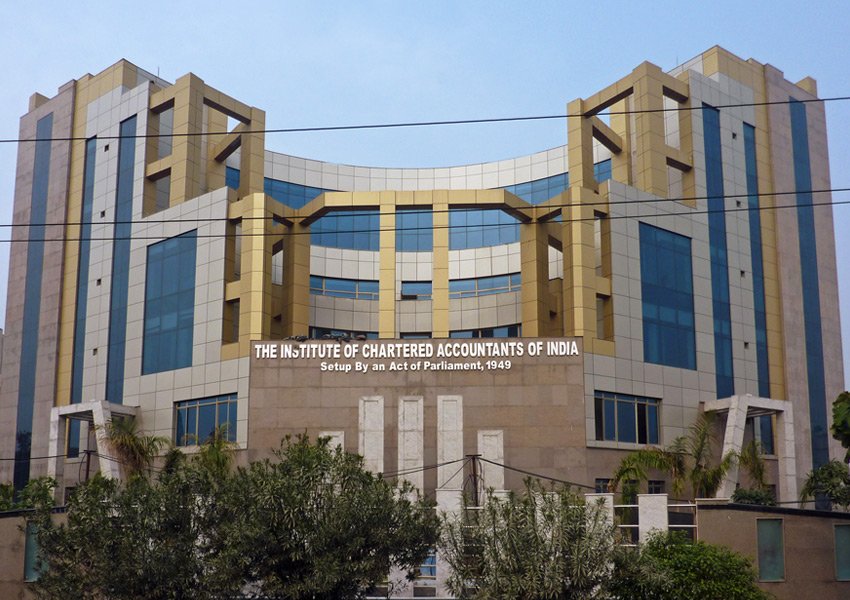In a landmark decision aimed at enhancing audit quality and reducing concentration of power in a few hands, the Institute of Chartered Accountants of India (ICAI) has capped the number of tax audits a single partner can sign annually at 60, starting FY 2027. ICAI President Charanjot Singh Nanda says the change promotes fair audit distribution and discourages anti-competitive conduct.
In a sweeping regulatory overhaul expected to recalibrate the Indian audit landscape, the Institute of Chartered Accountants of India (ICAI) will cap the number of tax audits a partner in a firm can undertake at 60 audits per year, starting from the fiscal year 2026–27. ICAI President Charanjot Singh Nanda announced the move, asserting it would help distribute audit responsibilities more equitably and curb the long-standing practice of audit concentration among a few senior partners.
Currently, individual practitioners are limited to 60 audits per year under Section 44AB of the Income Tax Act, but partnerships enjoy a collective quota, allowing senior partners in larger firms to leverage the audit limits of junior members. This loophole has led to unhealthy consolidation of assignments in the hands of the top within firms.
Under the new rule, the cap of 60 audits will apply per member, whether signed individually or on behalf of a firm. “This means a partner can no longer sign audit reports on behalf of other partners,” Nanda clarified. “It is not about limiting seniors, but ensuring auditors spend quality time on each audit and uphold the integrity of the profession.” The move stems from a decision taken in ICAI’s Council Meeting in late May. The revised guidelines will be notified soon and are expected to become a benchmark shift in audit governance.
FCRF x CERT-In Roll Out National Cyber Crisis Management Course to Prepare India’s Digital Defenders
Curbing Monopoly and Enhancing Ethical Standards
Audit monopolization has long been a concern in India’s financial ecosystem. With the growing complexity of businesses and increased scrutiny on audit failures, the cap is seen as a measure to enhance due diligence, encourage equal opportunity for young professionals, and promote transparency in the accounting sector.
This directive aligns with ICAI’s broader goals of ethical compliance and professional independence, particularly after global audit scandals have rocked investor confidence and invited regulatory backlash.
Algoritha: The Most Trusted Name in BFSI Investigations and DFIR Services
CAG Gets a Helping Hand from CA Firms—But with Boundaries
In parallel developments, the ICAI chief also addressed concerns over the recent collaboration between the Comptroller and Auditor General (CAG) and chartered accountant firms. For the first time, the CAG invited empanelled CA firms to assist in the audit of local bodies and autonomous institutions.
This sparked debates about the possible erosion of the CAG’s constitutional independence. Nanda, however, dismissed these concerns.
“The audit will remain under the CAG’s name and authority. Chartered accountants will merely assist in execution,” he said.
Only firms already empanelled with the CAG and possessing a high score will be considered. This approach, Nanda said, will improve audit coverage and reduce pressure on understaffed government departments. The move is aimed at strengthening financial oversight at the grassroots level, where accounting irregularities often escape systemic attention. “
As India’s financial ecosystem evolves, the ICAI’s twin announcements signal a strong pivot towards transparency, quality assurance, and institutional synergy. With the audit profession under increasing scrutiny globally, these proactive steps not only help ICAI maintain credibility but also strengthen the scaffolding of India’s financial reporting framework.
About the author – Prakriti Jha is a student at National Forensic Sciences University, Gandhinagar, currently pursuing B.Sc. LL.B (Hons.) with a keen interest in the intersection of law and data science. She is passionate about exploring how legal frameworks adapt to the evolving challenges of technology and justice.


